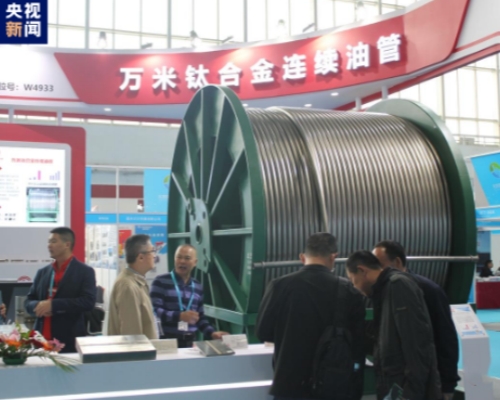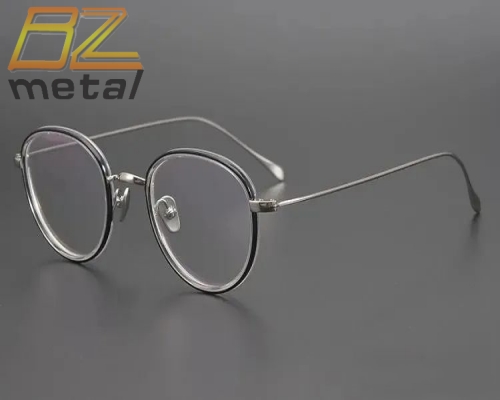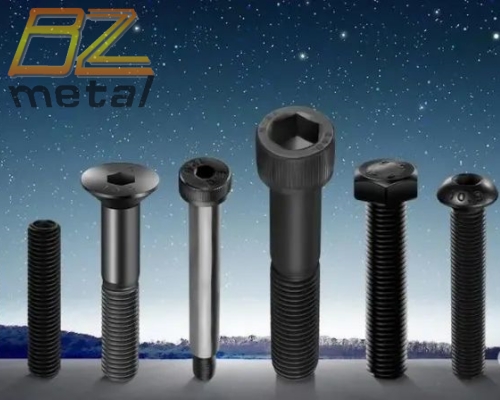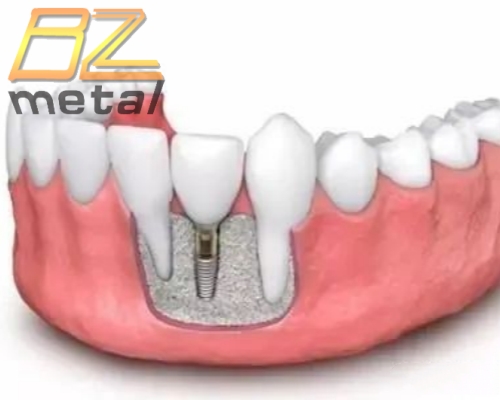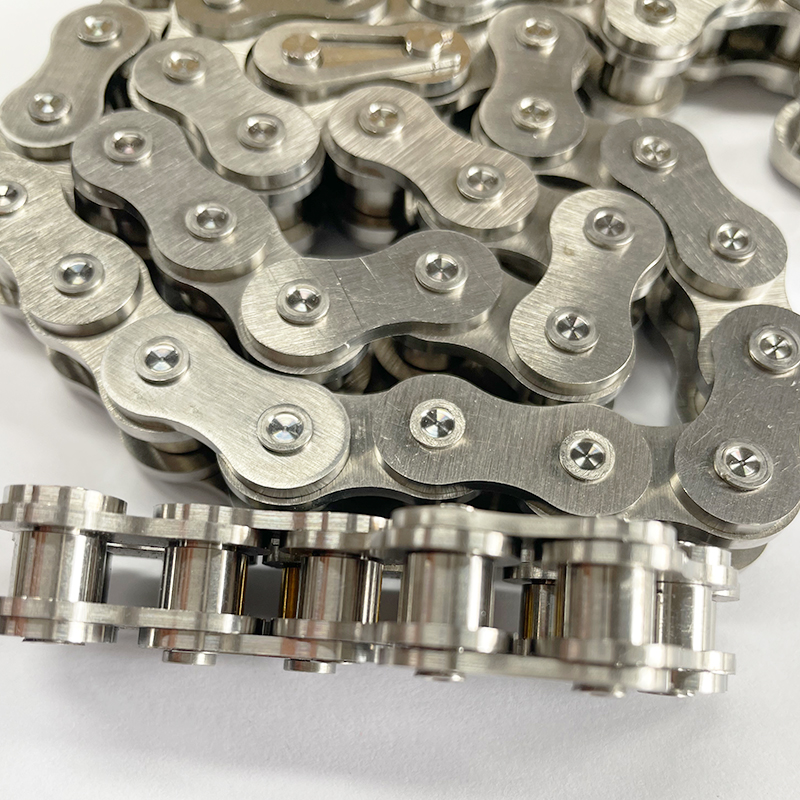Research On The Cold Processing Properties Of Titanium
Research On The Cold Processing Properties of Titanium
The titanium tube is made of industrial pure titanium and the grade is TA2. According to the GB/T3624-2010 standard, the allowable deviation of the outer diameter of the pipe is ±0.65mm, and the allowable deviation of the wall thickness does not exceed ±12.5% of its nominal wall thickness. The inner and outer surfaces of the pipe should be clean and free of visually visible defects such as cracks, folds, peeling and pinholes.The cold-formed titanium pipe with a CNC pipe bender has high quality and high processing efficiency. It can complete the processing of multiple bends in one process, reducing the workload of subsequent assembly and welding, and is suitable for mass production.The key to production is to select the appropriate process parameters (including bending speed, sequence and rebound amount settings, etc.) according to the mechanical properties of the material and the processing capacity of the equipment, so as to ensure the production of qualified products.
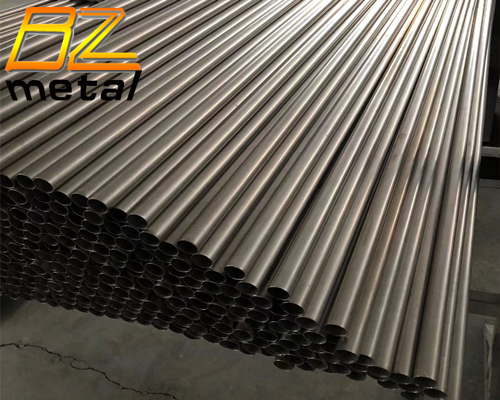
Because of the light specific gravity, high strength and excellent corrosion resistance of titanium rod metal to alkali, chloride, chlorine organic matter, nitric acid and sulfuric acid and other media, it is widely used in chemical equipment. Titanium electrodes are used to electrolytically deposit and refine metals such as copper, gold, nickel, manganese and manganese dioxide from sulfuric acid solutions containing sulfides. Titanium has excellent corrosion resistance and its oxide film can act as a good separator, which is the main reason why it is used in the electrolysis industry. In the process of producing manganese dioxide by electrolysis, because the electrolyte is highly corrosive, the corrosion resistance of titanium can be used to make heaters. The author introduced the structure of the titanium heater, the shortcomings of the hot simmering method for processing titanium bends, and the working principle and processing process of using a CNC pipe bending machine to process titanium bends.
Due to the poor cold processing performance of titanium, there is no research on the processing of titanium pipes by CNC pipe bending machines in the literature at home and abroad. In the recent production of a batch of titanium heaters, in order to improve product quality, it is also an attempt to process titanium bends by CNC pipe bending machines. In cooperation with professional pipe bending processing manufacturers, CNC pipe bending machines are used to cold process titanium bends. The titanium heater is mainly made of a small 60mmX3mm titanium seamless tube, with a design pressure of 0.4MPa and a design temperature of 200°C. The heater is placed in an electrolytic cell full of electrolyte, and when working, high-temperature steam is introduced into the titanium tube to heat the electrolyte.
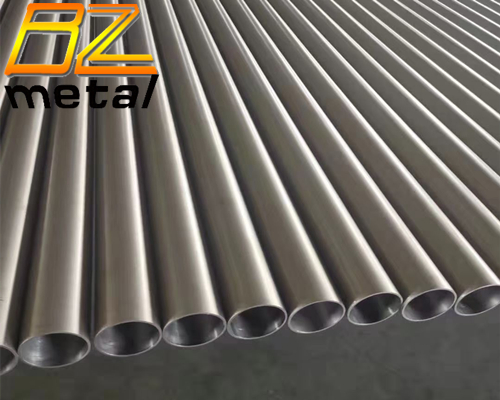
The process of processing titanium elbow by hot simmering method is: fill the titanium tube with fine sand and mash it, then install the titanium tube on a simple elbow mold, heat the part to be bent with an oxygen gun, and bend the titanium tube; cut the bent titanium tube according to each piece of 90 pieces, and then weld it with the straight pipe group.
The main disadvantages of titanium bends processed by hot simmering method are:
1. the ovality of the tube is large (not less than 4mm), and the thickness is reduced (the largest thinning part appears in the outer arc, and the thinning amount exceeds 1mm);
2. the inner wall is easily wrinkled under pressure;
3. the consistency of size and shape is poor, resulting in manual correction when the sequence group is aligned;
4. the processing efficiency is low, and the bending of the titanium tube depends entirely on the experience and technical proficiency of the operator;
5. at the same time, due to the heating of the titanium tube during the processing process, if the temperature is not well controlled, it is easy to cause oxidation of the material, thereby reducing the corrosion resistance of the equipment.

